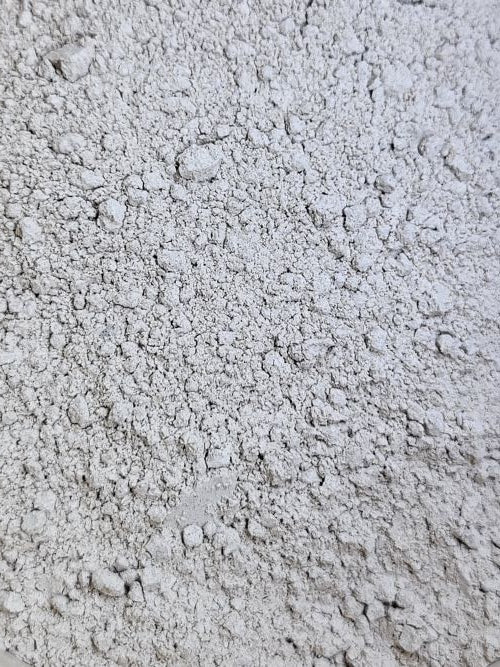Gardening enthusiasts and farmers alike are always on the lookout for the secret to achieving lush, thriving plants and bountiful harvests. One often-overlooked but highly effective ingredient for this horticultural magic is Azomite. This remarkable natural mineral, derived from an ancient volcanic deposit, possesses a wealth of benefits that can transform your garden soil into a nutrient-rich paradise. In this blog, we'll delve into the importance of Azomite in your soil and garden, exploring its many advantages and how it can be the missing piece in your gardening puzzle.
Unlocking the Secrets of Azomite
Azomite, short for "A to Z of minerals including trace elements," is a fine, powdered mineral rock that's known for its astonishing mineral diversity. Mined from a deposit of volcanic ash, it contains over 70 minerals and trace elements, including essential macronutrients like calcium, magnesium, and potassium, as well as a wide array of micronutrients such as boron, zinc, and iron. Here's why Azomite is the soil's best friend and your garden's secret weapon:
1. Nutrient Enrichment:
The broad spectrum of minerals in Azomite makes it an ideal soil amendment. It provides your plants with an extensive menu of nutrients, fostering healthy growth, robust flowering, and high yields. It's often referred to as a "mineral cocktail" for plants.
2. Improved Soil Structure:
Azomite enhances soil structure by improving water retention and aeration. This means your soil is better equipped to provide a balanced environment for plant roots, promoting vigorous growth.
3. Disease Resistance:
Plants grown in Azomite-enriched soil have been shown to have enhanced disease resistance, making them less susceptible to pests and pathogens.
4. Environmental Responsibility:
Azomite is mined from a naturally occurring, renewable resource. Its use in your garden supports sustainable and eco-friendly gardening practices.
How to Use Azomite in Your Garden
Incorporating Azomite into your gardening routine is straightforward, and there are several methods to do so:
1. Soil Amendment: Mix Azomite into your garden soil or potting mix. A general guideline is to use about 1-2 pounds of Azomite per 100 square feet of garden area.
2. Top Dressing: Sprinkle Azomite on the soil surface around your plants. This provides a slow release of nutrients and can also act as a natural mulch.
3. Compost Enhancer: Add Azomite to your compost pile to enrich it with essential minerals, which will then be returned to your garden through the compost.
4. Foliar Spray: Mix Azomite with water to create a liquid fertilizer. You can apply it as a foliar spray, which allows for quick nutrient absorption through plant leaves.
Conclusion:
Azomite is a game-changer for your garden, offering an array of benefits that enhance soil fertility and plant health. By adding this mineral-rich treasure to your gardening practices, you're providing your plants with the essential nutrients and trace minerals they need to flourish. Your soil will be enriched with the nutrients required for healthy growth, and your garden will become a thriving oasis of greenery, beauty, and productivity. Don't overlook the magic of Azomite—it might just be the missing ingredient that takes your garden to the next level.

